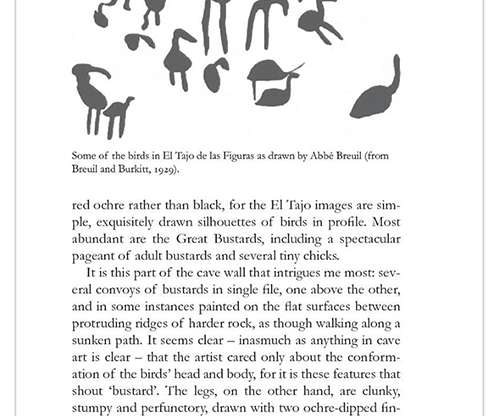How to Confront Cruelty
Critter News
OCTOBER 26, 2008
I came across this 2005 book from the Society & Animals Journal titled Confronting Cruelty Moral Orthodoxy and the Challenge of the Animal Rights Movement. Why and how do people campaign on behalf of a species that is not their own? Tags: animal cruelty books. Sounds interesting.
















Let's personalize your content